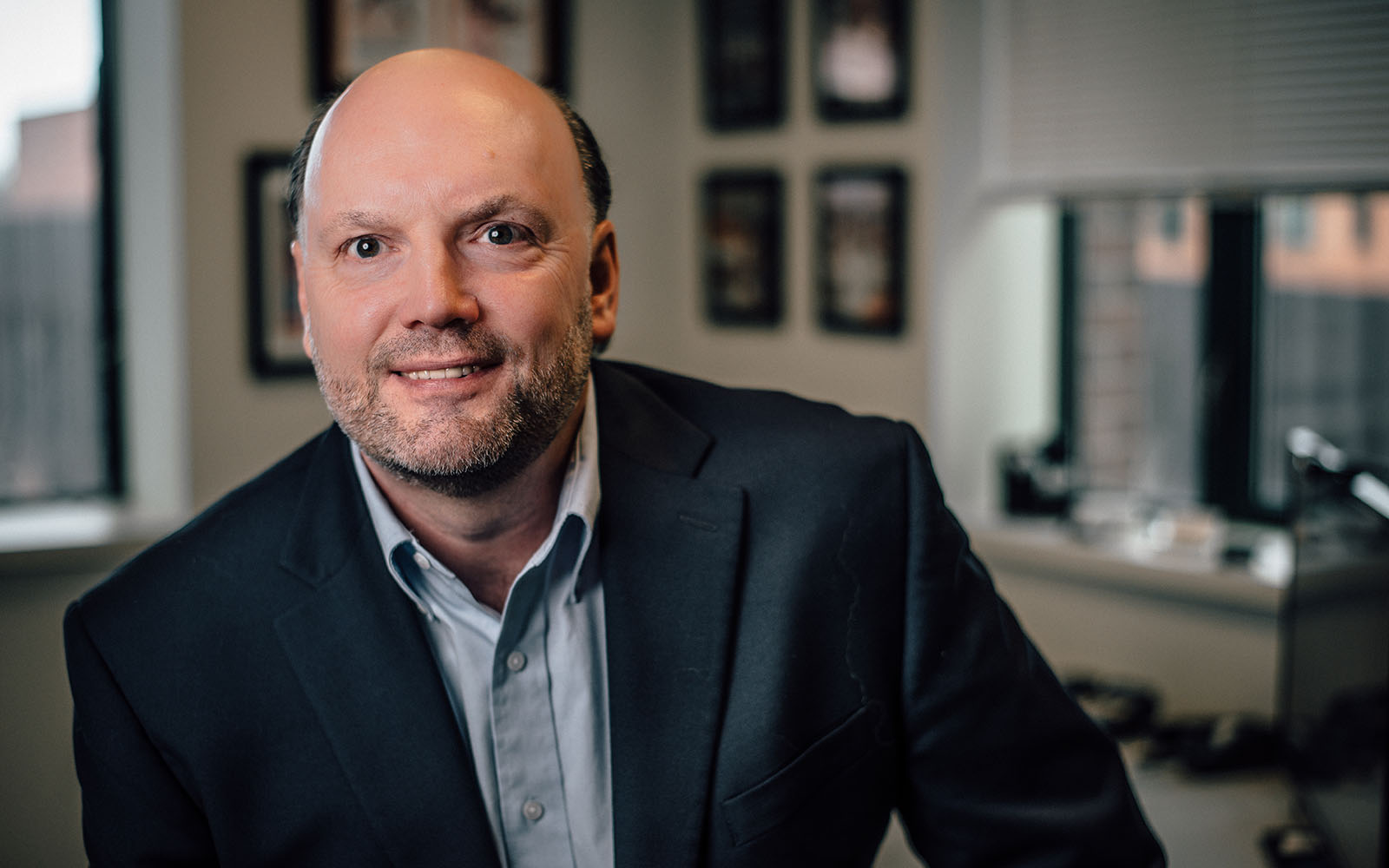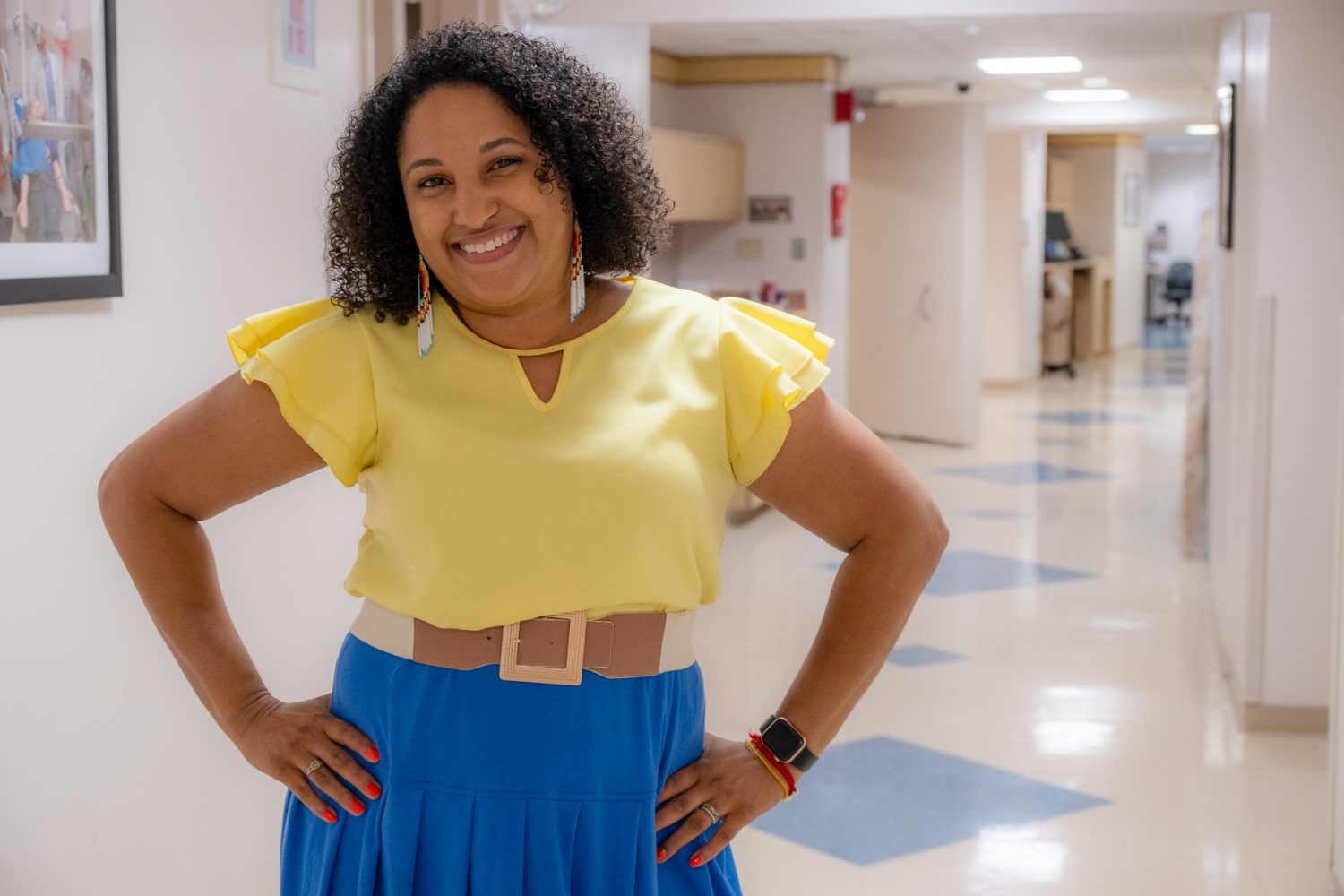
A physics faculty member in the College of Liberal Arts and Sciences is heading a new $7 million, five-year study of ultracold molecules that includes researchers from UConn, Harvard, MIT, Yale, Temple, and the University of Colorado.
Susanne Yelin, associate professor of physics and a member of the physics department’s ultracold atoms and molecules research group, says the grant from the Air Force Office of Scientific Research, a Multi-University Research Initiative, is the first major funding explicitly for research on ultracold molecules.
Ultracold molecules, first synthesized in 2005, are nearly as cold as absolute zero, which physicists define as the lowest possible temperature. At such a low temperature, the molecules are slowed to a nearly motionless state, allowing scientists to better study them.
What they learn could be used in quantum computing and quantum simulation and in the development of new materials. The military is interested in, among other things, the potential application of ultracold research to break high security encryption, Yelin says.
Quantum computing can address problems such as factoring large numbers that would take billions of years for today’s computers.
The grant project is to produce, apply, and detect ultracold polar molecules. Polar molecules consist of at least two different atoms, leading to a more positive electrical charge distribution on one side of the molecule and a more negative one on the other. Because they have an electro-magnetic interaction, the molecules give rise to reactions that are impossible with atoms, Yelin says.
To date it has been difficult to produce large amounts of molecular matter at an ultracold temperature, or even to detect the molecules.
The scientists working on the grant will develop and test ways to produce ultracold molecules more efficiently. In doing that, they will need to “trap” the molecules in a vacuum so that they do not touch each other and heat up.
Yelin, the principal investigator, leads a grant team that includes 12 research groups, including nine at other institutions and what amounts to about half of the world’s leaders in ultracold molecule research.
Among those working on the project is Wolfgang Ketterle from MIT, a 2001 Nobel Prize winner in physics who gave the Katzenstein Distinguished Lecture in Physics at UConn in 2006.
Yelin is a theoretical physicist; more than half of the grant researchers are experimentalists. The project’s results, she noted, will be a combination of what theoreticians have calculated and what experimentalists have found.
A group of UConn experimental physicists working on the project – William Stwalley, Board of Trustees Distinguished Professor of Physics and head of the physics department; Professor Phillip Gould; and Professor Edward Eyler – was one of the first research teams in the world to actually produce ultracold molecules. They will work on efficiencies of production and on collisions between the molecules.
Professor Robin Côté and Yelin, theoreticians in the physics department who often collaborate, will work on a basic understanding of ultracold molecules.
The project began with a program management meeting in early October in Maryland.


